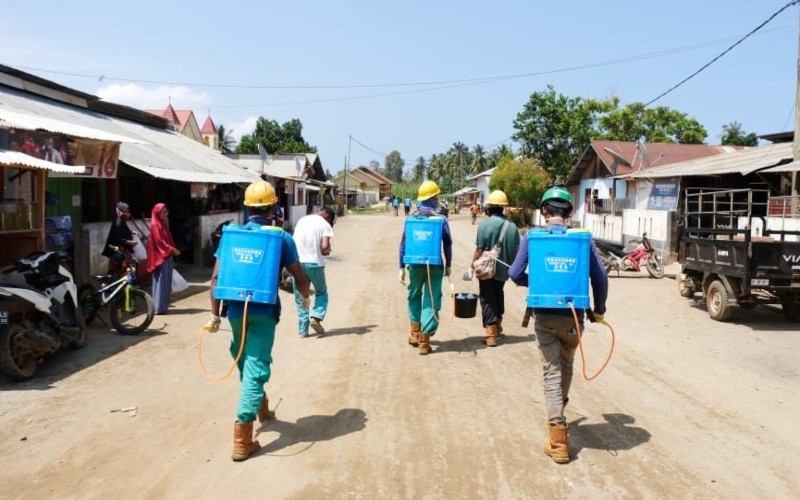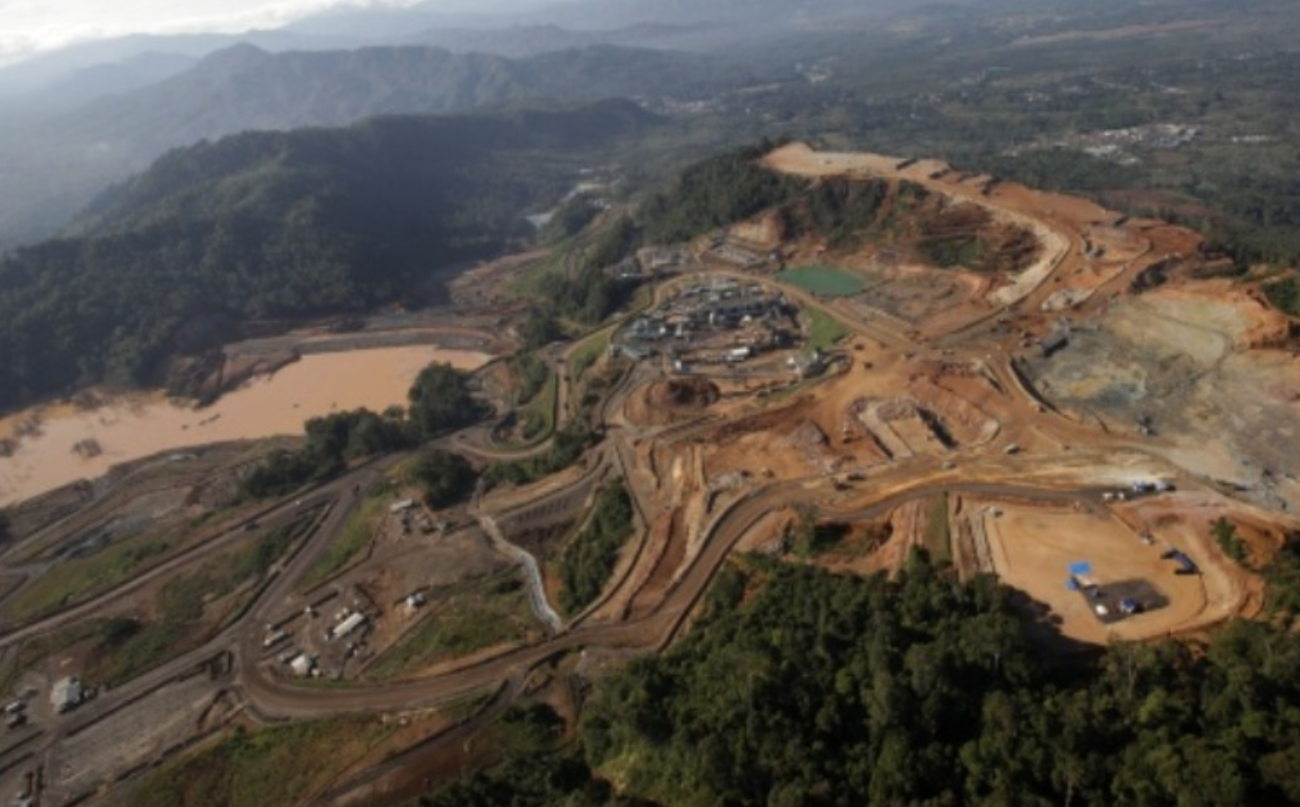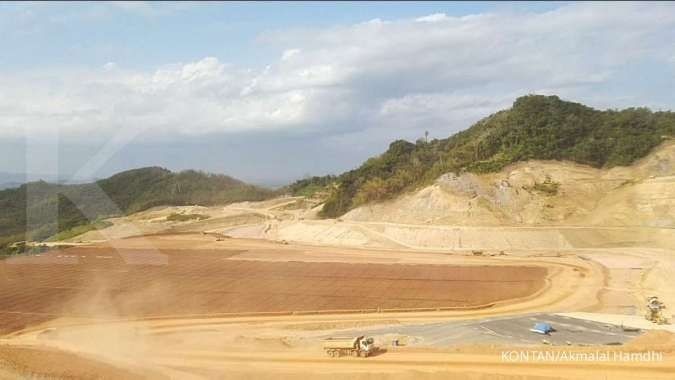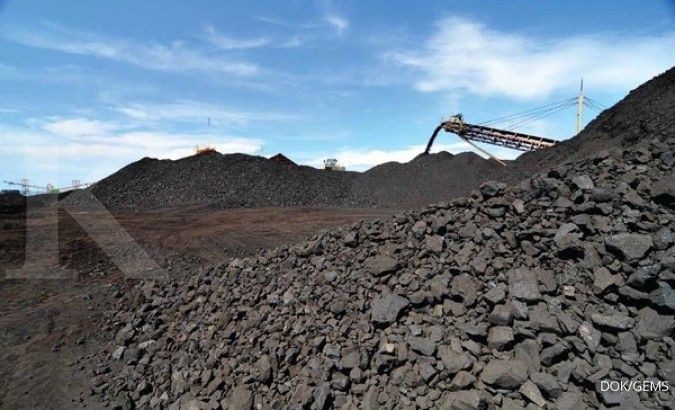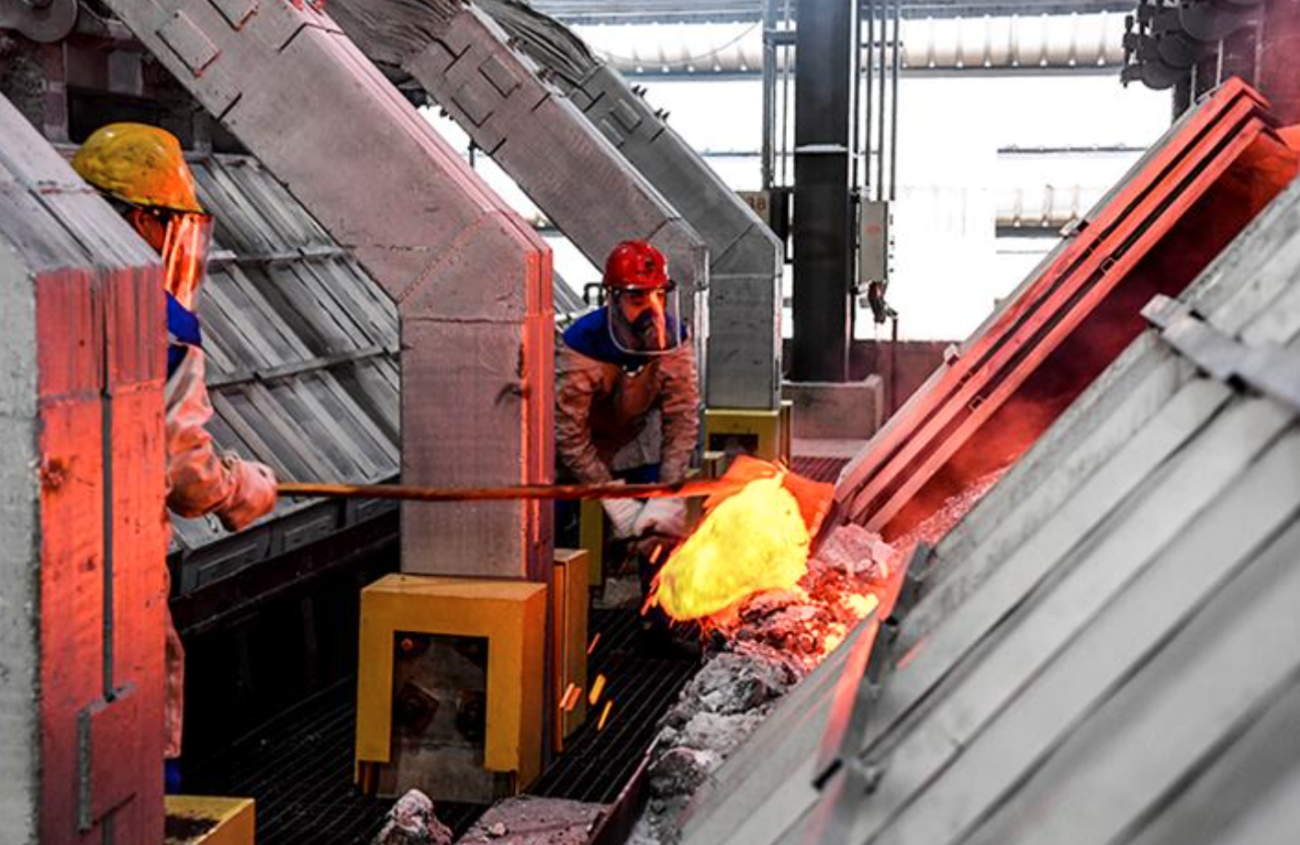The Minister of Investment/Head of the Investment Coordinating Board (BKPM) Bahlil Lahadalia revealed that downstream production has made nickel-producing regions, such as North Maluku, record economic growth above the national average.
Bahlil stated that the positive impact of the downstream focus carried out by the Indonesian government had made economic growth occur evenly, especially in areas producing nickel raw materials.
One example is North Maluku. He revealed that before focusing on downstream, the regional economic growth was below the average national economic growth.
"Now North Maluku's economic growth is above national economic growth, which is 19 percent, even last year it was up to 27 percent," he said in a press conference held at the Ministry of Investment Building, Jakarta, Friday (30/6/2023).
Based on data from the Ministry of Investment/BKPM, apart from North Maluku , other nickel-producing regions have also recorded economic growth above the national average.
Central Sulawesi and Southeast Sulawesi, for example, recorded per capita growth of Gross Regional Domestic Product (GRDP) of 20.3 percent and 6.7 percent respectively in 2022. This achievement is higher than the average economic growth of 6.4 percent.
Therefore, Bahlil firmly rejected the International Monetary Fund's (IMF) proposal, which asked the government not to expand downstream by stopping commodity exports.
"Even if the sky is falling, downstream will still be a priority for the country in the administrations of Joko Widodo and Ma'ruf Amin. Second, we will continue to enforce the export ban," said Bahlil.
The IMF, through a report entitled IMF Executive Board Concludes 2023 Article IV Consultation with Indonesia , asked the government to consider removing restrictions on commodity exports in stages, and the cost-benefits of this policy need to be carried out periodically.
According to Bahlil, if the government continues to export commodities, millions of raw materials will be sent abroad without regard to environmental management, as well as loss of jobs and added value from the IMF recommendations.
"How many people did we fail to create job opportunities, how much value was lost as a result of this recommendation. So, it's a built in double standard. At the same time other countries are banning exports," he concluded.
Image source: Special / Harita Nickel
